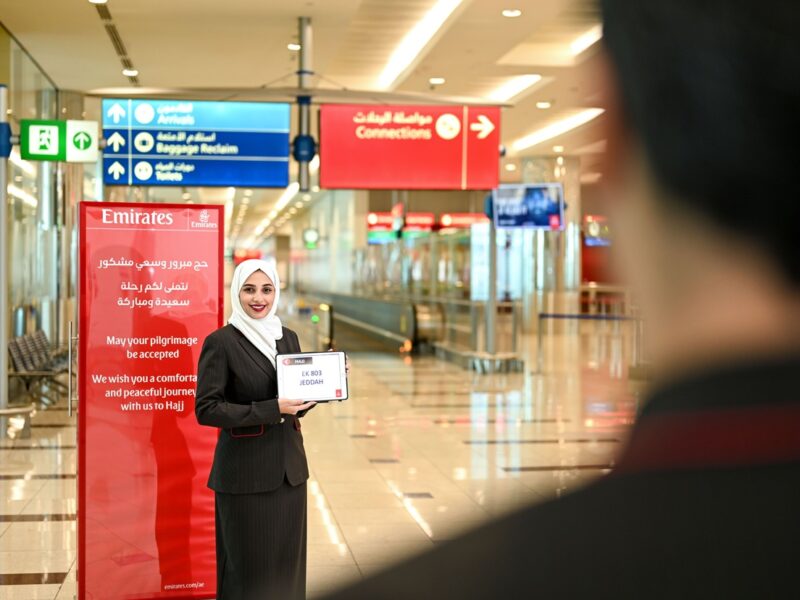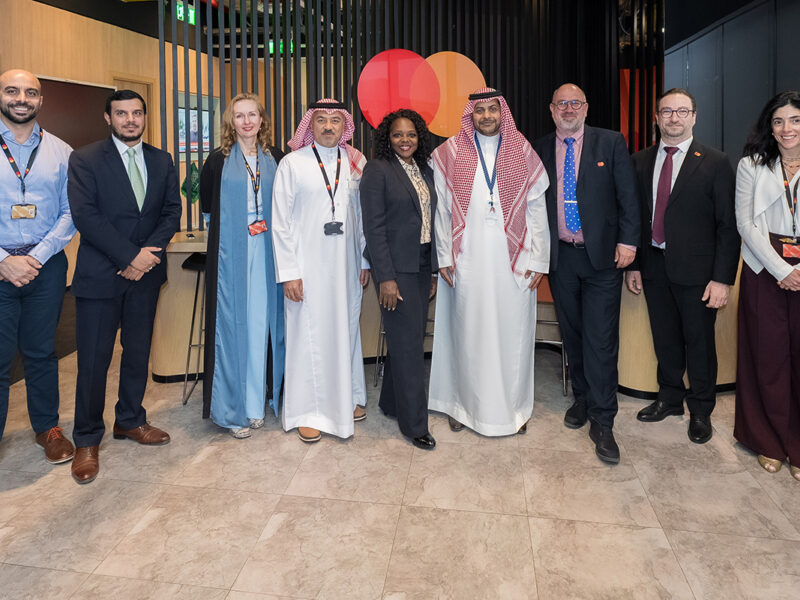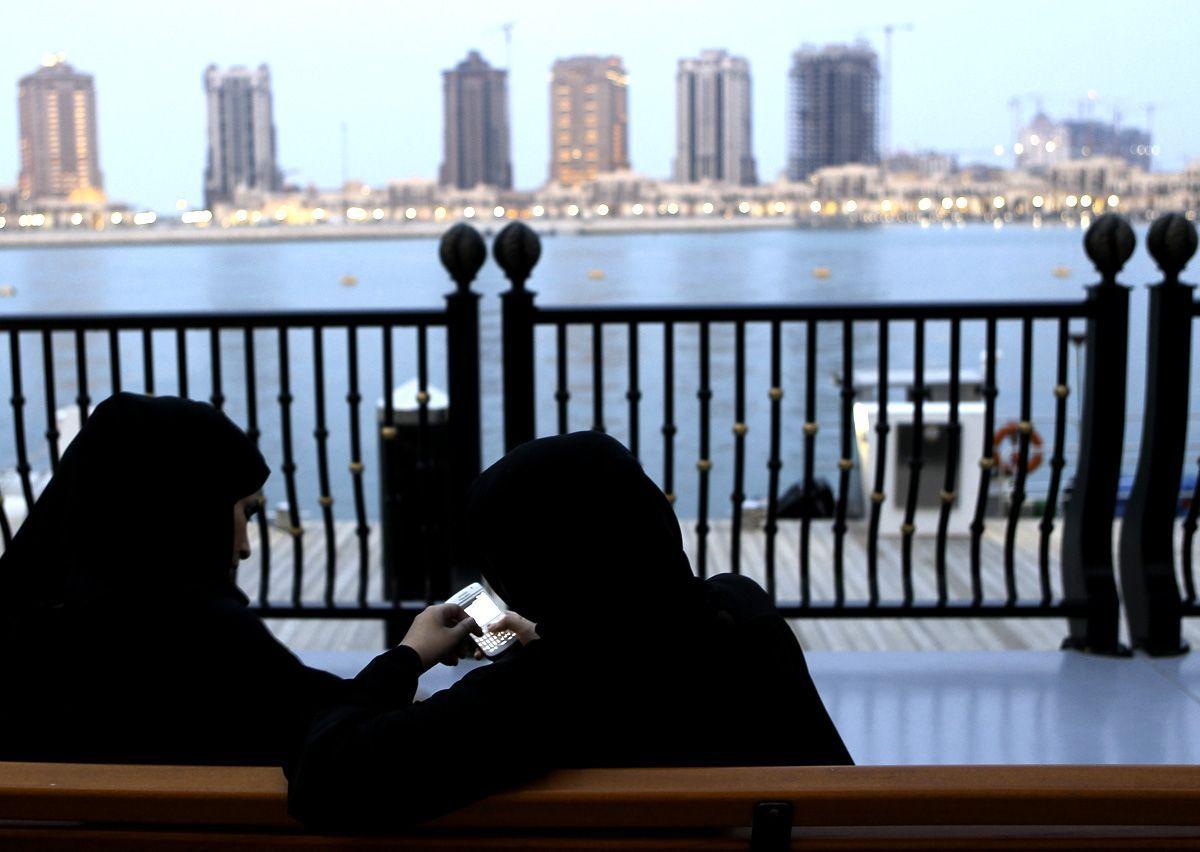Women’s role in business is growing in the UAE and Qatar, according to a new MasterCard Index, but their impact in Saudi Arabia has lessened, compared to last year.
MasterCard Worldwide on Wednesday announced the results of its latest Index of Women’s Advancement, which measures the socioeconomic level of women in relation to men across Middle East.
It showed that the UAE topped the six markets covered in the region with an overall score of 72.1, where 100 represents equality between the sexes.
The UAE was followed by Qatar (67.3), Kuwait (65.7), Saudi Arabia (59.1), Lebanon (54.5) and Egypt (50.8).
Four of the six markets surveyed saw increases in their overall Index scores for the last three years.
The Qatar and UAE scores showed the highest increase in recent years, with Qatar rising from 65 in 2009 to 67.3 in 2011 and the UAE climbing from 71.1 in 2009 to 72.1 this year.
At the other end of the spectrum, Lebanon and Saudi Arabia saw small declines in overall scores since 2009, MasterCard said in a statement.
Egypt’s score increased marginally (0.2 percent) since 2009, as did Kuwait’s score.
The MasterCard Worldwide Index of Women’s Advancement comprises five indicators – business ownership, business & government leadership, workforce participation, regular employment opportunities and tertiary education.
Each indicator measures the ratio of women to every 100 men in each of countries.
Female business ownership in the Middle East & Levant still has potential to increase, with all the markets included in the research having fewer than 31 female business owners for every 100 male business owners.
Workforce participation rates for women also showed room for growth, with fewer than 55 women for every 100 men in the workforce in all markets.
Enrolment rates for women in tertiary education institutions were higher than that of men in five of the six markets surveyed.
Qatar led the way with almost 746 women enrolled for every 100 men. Egypt was the one exception with only 89 women enrolled for every 100 of their male counterparts.
Raghu Malhotra, general manager, Middle East, MasterCard Worldwide, said: “Overall, it is encouraging to see that the scores have been rising for women in many Middle East markets, showing that they are receiving the opportunities to advance themselves.
“At the same time, we note that there is room for women to further enhance themselves in terms of business ownership and workforce participation”.









